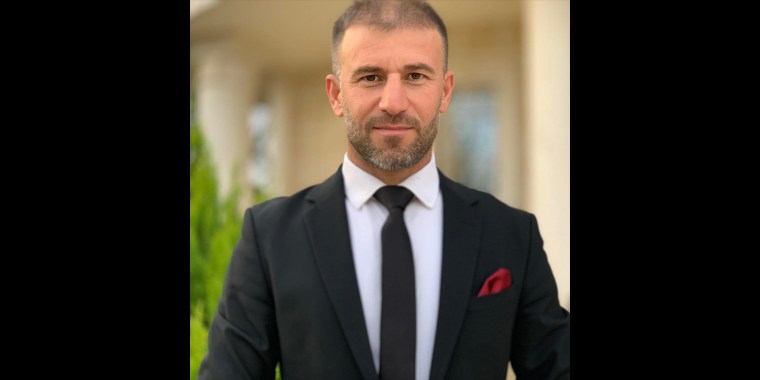Since June 10, 2024, Syrian journalist Jomaa Akash, a correspondent for the Saudi state-owned broadcasters Al Arabiya and Al Hadath, has received threats of violence on social media, according to statements by the independent Syrian Journalists Association (SYJA) and Syrian Kurdish Journalists Network, and the journalist who spoke to CPJ.
The threats followed Akash’s June 9 Al Hadath report about a growing problem of drug trafficking in the northern city of Raqqa, which included interviews with local women who had been exploited by the trade and victimized by drug consumption. The report also explained how the ongoing conflict in Syria pushed this illegal trade to the forefront in Raqqa, which was previously occupied and controlled by the militant Islamic State group.
Akash told CPJ that his report was taken out of context and was interpreted as if it was targeting the reputation of Raqqa, its residents, and its women when the report highlighted the dangers of the growing drug business amid economic collapse.
The leader of Al Afadila, one of Raqqa’s largest and oldest clans with considerable local authority in the city, posted a video to Facebook on June 11 of four clan leaders addressing Akash, threatening him with violence if he entered Raqqa, and banning him from the city.
The leaders also called for “holding the journalist accountable and suspending him from work,” and demanded that the channel issue an apology from the city’s residents and delete the report. The news channel broadcasted the right of reply from Raqqa city, without agreeing to remove its report.
“After one of the clan representatives appeared in that video threatening me with violence and banning me from entering Raqqa, people followed his lead online, and the amount of threats I have received doubled.” Akash told CPJ. “I tried to explain to my attackers that the report was taken out of context, but the power the clans have on the ground in Raqqa makes it harder to argue against,” Akash added, saying that clans are a trusted entity in Raqqa and he fears that their threats might translate into real violence against him.
Akash told CPJ that he contacted the Syrian Democratic Forces and the Autonomous Authorities of the North and East Syria Region, two entities responsible for maintaining safety in the autonomous region, to protect him in accordance with the law because he is a licensed media worker, but so far, they have not taken any action to ensure his safety.
CPJ’s messages to the Autonomous Authorities of the North and East Syria Region and Syrian Democratic Forces requesting information about Akash’s case did not receive a response.
Clan representatives who spoke to CPJ on the condition of anonymity said Akash’s report had accurate information and many truths but also had some exaggerations. They told CPJ that the threats Akash is facing are unacceptable and no journalist should be threatened for doing their job.
